Business Communication Process and Product 7th Edition by Mary Ellen Guffey – Test Bank
Test Bank For Business Communication Process and Product 7th Edition by Mary Ellen Guffey
Business Communication Process and Product 7th Edition by Mary Ellen Guffey – Test Bank
Business Communication Process and Product 7th Edition by Mary Ellen Guffey
Business Communication Process and Product 7th Edition
Business Communication Process and Product
Chapter 1—Effective and Ethical Communication at Work
MULTIPLE CHOICE
- Communication skills are
| a. | not as important in technical fields. |
| b. | critical to effective job placement, performance, career advancement, and organizational success. |
| c. | required only for high-level positions. |
| d. | not as important in a down economy. |
ANS: B
| Feedback | |
| A | Communication skills are needed in both technical and nontechnical fields. |
| B | Surveys of employers consistently show that communication skills are critical to effective job placement, performance, career advancement, and organizational success. |
| C | Communication skills are needed at all levels of employment. |
| D | Communication skills are especially valuable in a gloomy economy in which hordes of job seekers vie for limited openings. |
PTS: 1 DIF: 3 REF: p. 3 OBJ: 1-1
NAT: AACSB: Tier 1 – Reflective thinking | AACSB: Tier 2 – Conclusion
TOP: Communication Skills and You TYP: Conceptual
- Which of the following statements about writing skills is most accurate?
| a. | Writing skills in today’s workplace are an advantage, but they are not a necessity. |
| b. | You are born with the skills to be a good writer. |
| c. | Having good writing skills can improve your chances for promotion and can result in higher earnings. |
| d. | Today’s communication technologies have made writing obsolete. |
ANS: C
| Feedback | |
| A | The ability to write well, which has always been a career advantage, is now a necessity. |
| B | You are not born with the abilities to read, listen, speak, or write effectively; these skills must be learned. |
| C | The ability to write well on the job can have a positive impact on promotions and can result in significantly higher incomes. |
| D | Today’s communication technologies have made writing skills even more important. |
PTS: 1 DIF: 3 REF: p. 4 OBJ: 1-1
NAT: AACSB: Tier 1 – Reflective thinking | AACSB: Tier 2 – Conclusion
TOP: Communication Skills and You TYP: Conceptual
- Today’s economy is based on
| a. | information and knowledge. |
| b. | physical labor. |
| c. | a supply of raw materials. |
| d. | capital. |
ANS: A
| Feedback | |
| A | Today’s economy is based on information and knowledge. Physical labor, raw materials, and capital are no longer the key ingredients in the creation of wealth. |
| B | Today’s economy is based on information and knowledge. Physical labor, raw materials, and capital are no longer the key ingredients in the creation of wealth. |
| C | Today’s economy is based on information and knowledge. Physical labor, raw materials, and capital are no longer the key ingredients in the creation of wealth. |
| D | Today’s economy is based on information and knowledge. Physical labor, raw materials, and capital are no longer the key ingredients in the creation of wealth. |
PTS: 1 DIF: 3 REF: p. 5 OBJ: 1-1
NAT: AACSB: Tier 1 – Reflective thinking | AACSB: Tier 2 – Conclusion
TOP: Thriving as a Knowledge Worker in the Information Age TYP: Conceptual
- Knowledge and information workers must be able to think critically, make decisions, and
| a. | design effective Web pages. |
| b. | communicate information to others. |
| c. | install software programs. |
| d. | lift heavy objects. |
ANS: B
| Feedback | |
| A | Knowledge and information workers must be able to think critically, make decisions, and communicate those decisions to others. |
| B | Knowledge and information workers must be able to think critically, make decisions, and communicate those decisions to others. |
| C | Knowledge and information workers must be able to think critically, make decisions, and communicate those decisions to others. |
| D | Knowledge and information workers must be able to think critically, make decisions, and communicate those decisions to others. |
PTS: 1 DIF: 3 REF: p. 5 OBJ: 1-1
NAT: AACSB: Tier 1 – Reflective thinking | AACSB: Tier 2 – Conclusion
TOP: Thriving as a Knowledge Worker in the Information Age TYP: Conceptual

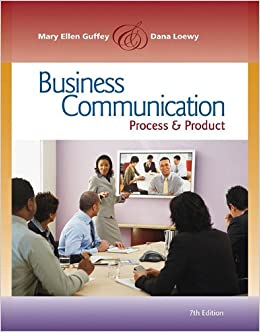
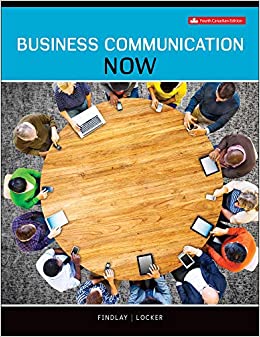
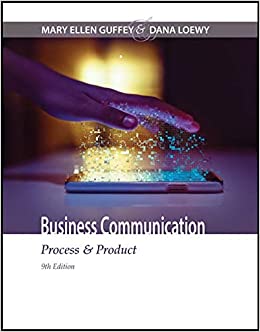


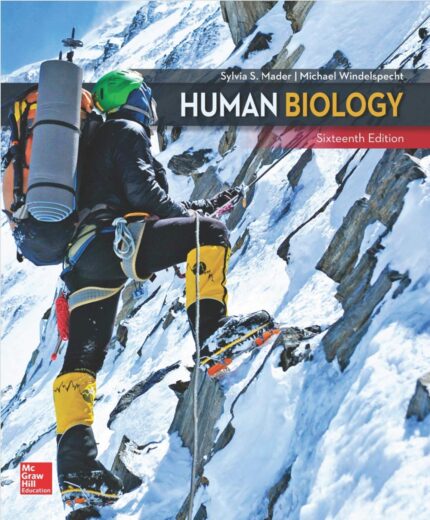

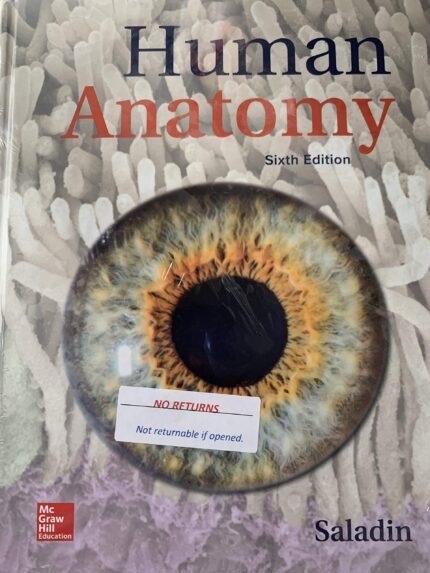


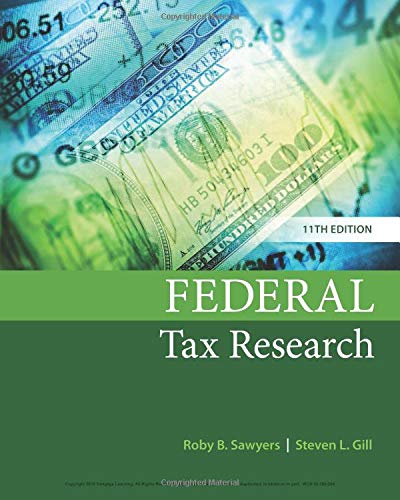
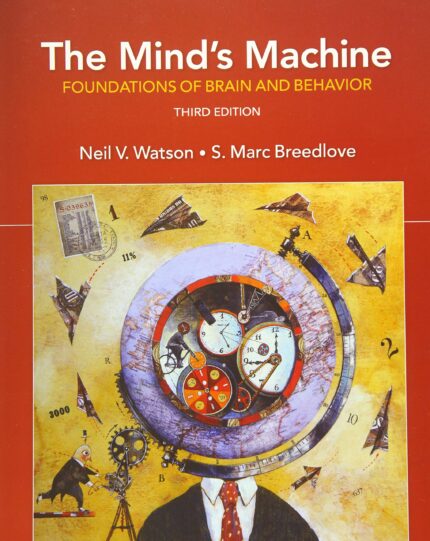

Reviews
There are no reviews yet.